Global Posts
Food Safety in Africa’s ‘Wet’ Markets

If you’ve been to any part of sub-Saharan Africa, you know that the large majority of food consumed (about 85 to 95 percent) passes through informal channels: vegetable, milk and meat stalls and outdoor markets cater to customers across urban centers and rural landscapes alike. And while the food sold there is often safe, sometimes it’s not. And when it’s not, people get sick. Some people die.
The State of Rights and Resources
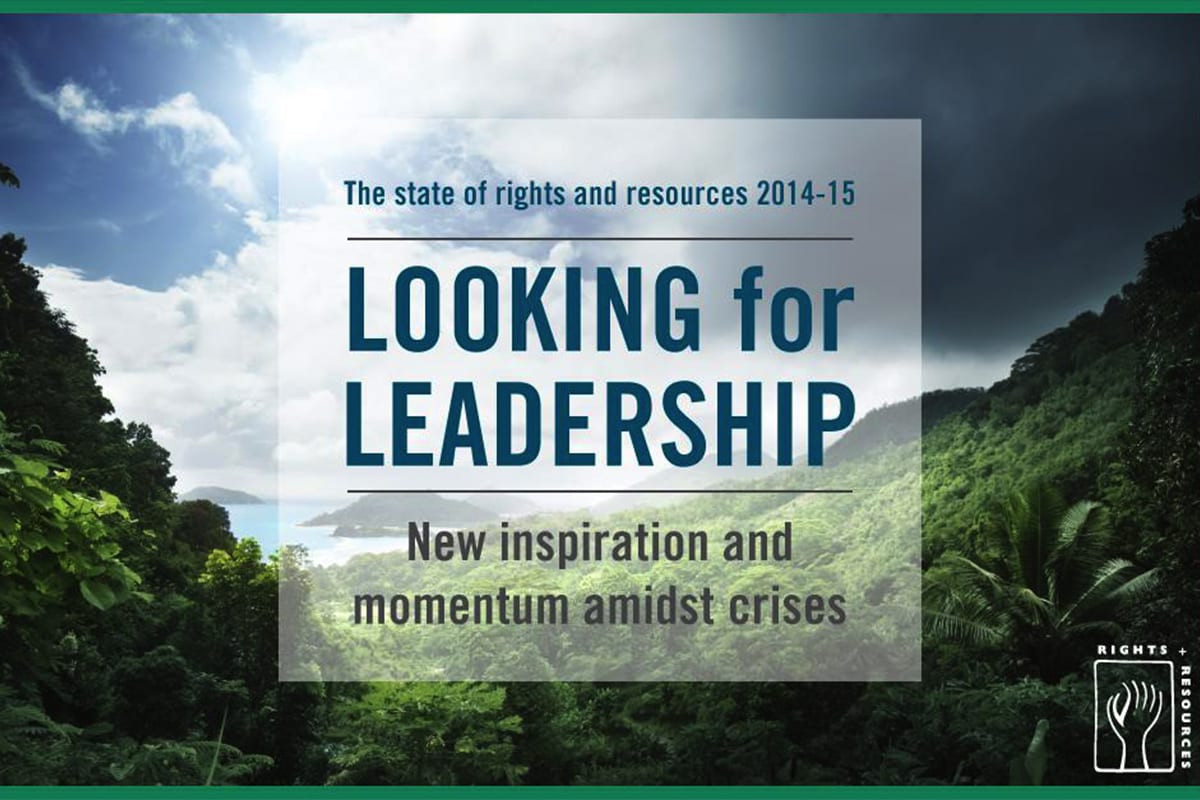
In 2014, we saw a number of studies showing that when Indigenous Peoples and local communities have control of their land and the natural resources the land contains, they do the best job of keeping those resources—including tropical forests and fresh water supplies, for example—intact. But often times, governments claim control of the land and the disposition of its resources.
Indigenous Peoples + Rights = Living Forests
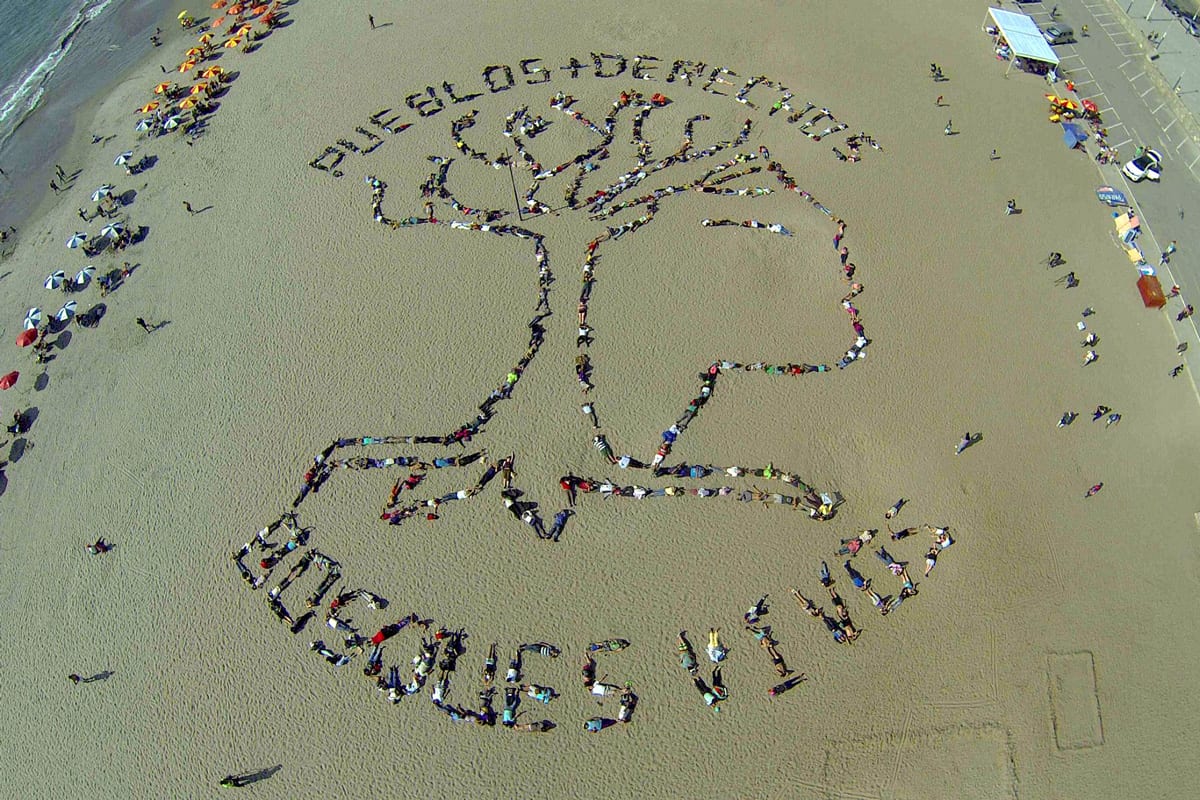
This past December, Peru became the first Amazonian forest nation to host the UN climate change conference, commonly known as the COP. The event attracted the usual committed global advocates, researchers and policy makers who flock to the COP every … Continue reading Indigenous Peoples + Rights = Living Forests
Ebola Insights
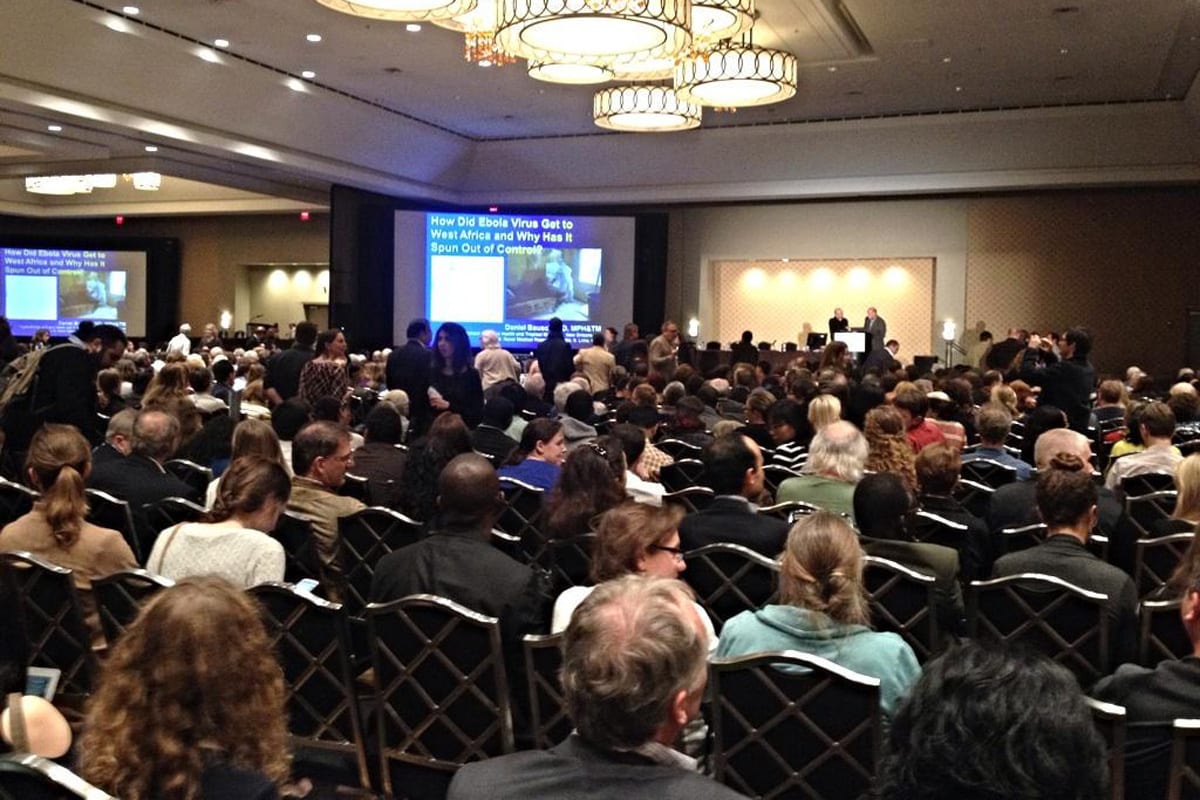
The 63rd Annual Meeting of the American Society of Tropical Medicine and Hygiene (ASTMH, a Burness Client), featured informative, gripping, tragic, and inspirational testimony from people working on the front lines of the Ebola epidemic and now racing to develop, test, and approve life-saving drugs and vaccines.
Conversations in Development: Guardians of the Forest, Protectors of the Climate
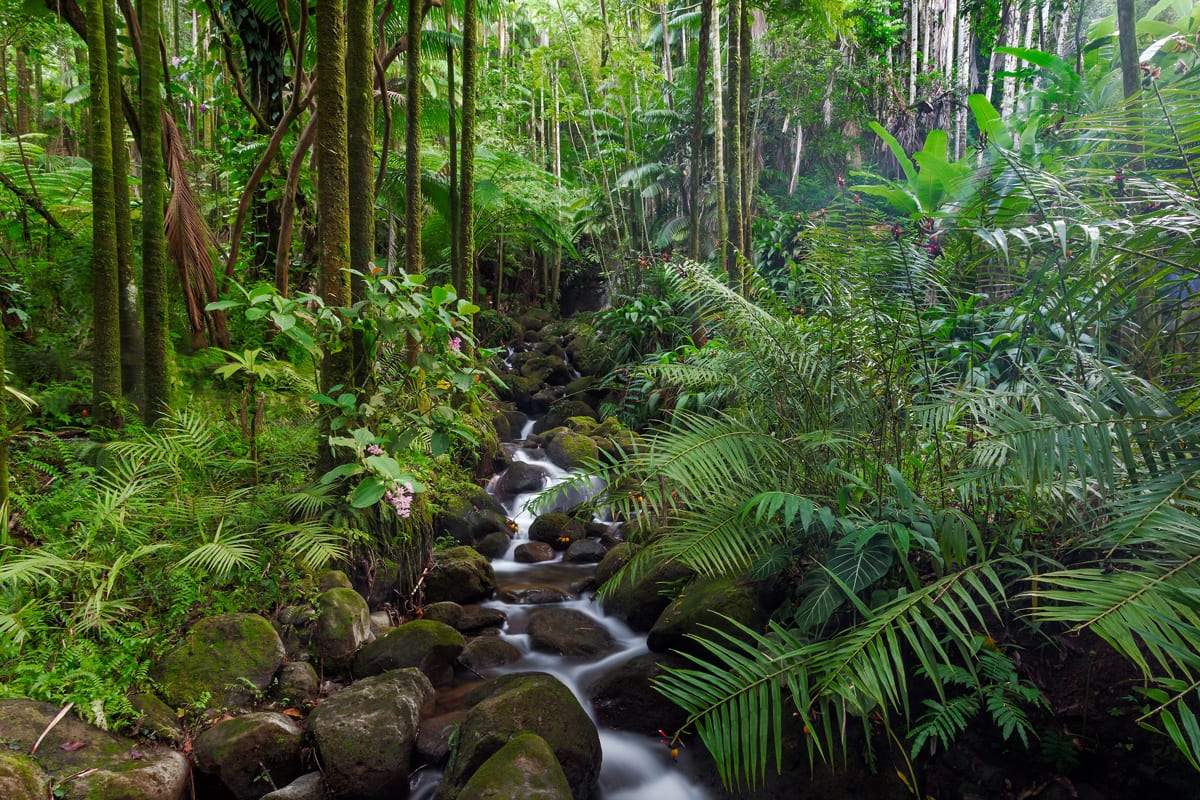
Tropical forests are critical to the future of the planet. They harbor millions of species of plants and animals, and, as natural storers of carbon, they play a key role in combating climate change. They are also home to millions of indigenous people, who have protected the forests and their resources for thousands of years.
Conversations in Development: Improving Health in Kenya’s Urban Slums
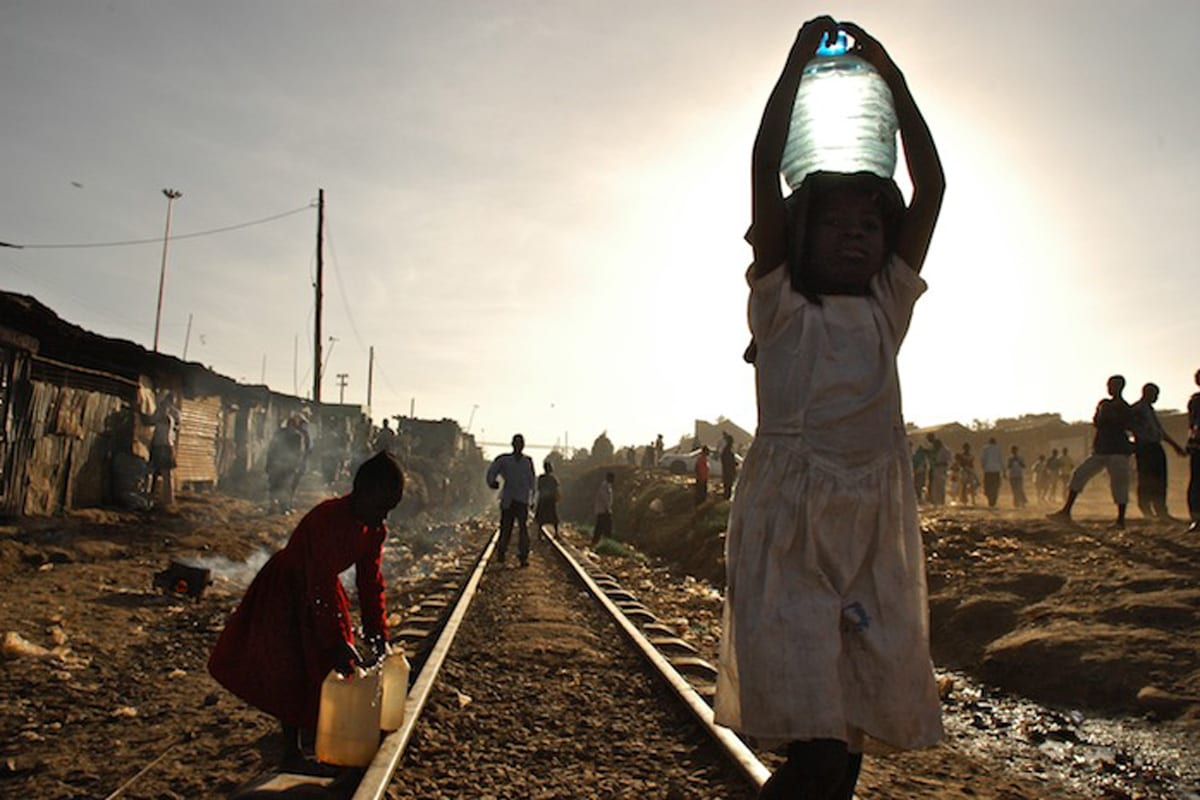
Poverty, poor health and overcrowding are some of the many challenges facing communities in Kenya's urban slums, or informal settlements.
Conversations in Development: Livestock—the Unsung Heroes of International Development
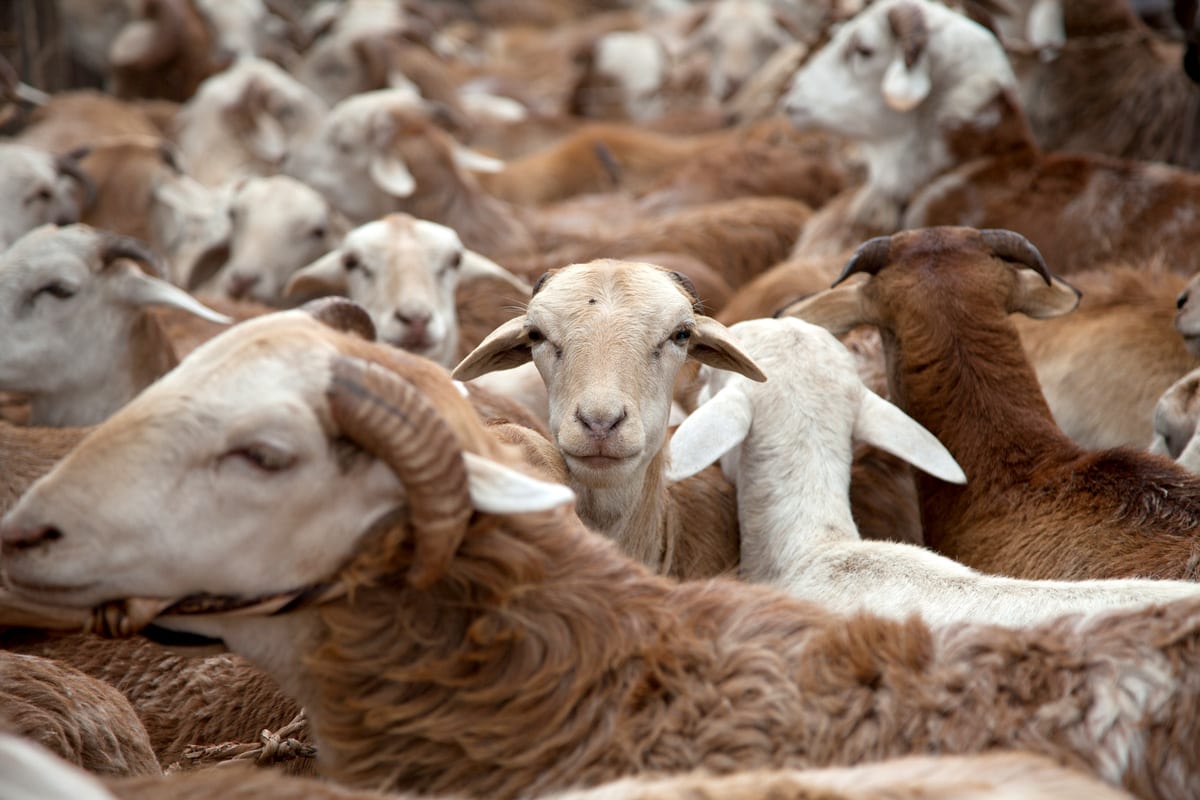
Cattle, goats, chickens and other farm animals are the unsung heroes of international development. More than 600 million rural poor depend on their animals to survive, and livestock contribute up to 80 percent of agricultural GDP in developing countries.
Conversations in Development: Ethiopia Minister of Health on Country’s Historic Health Advances
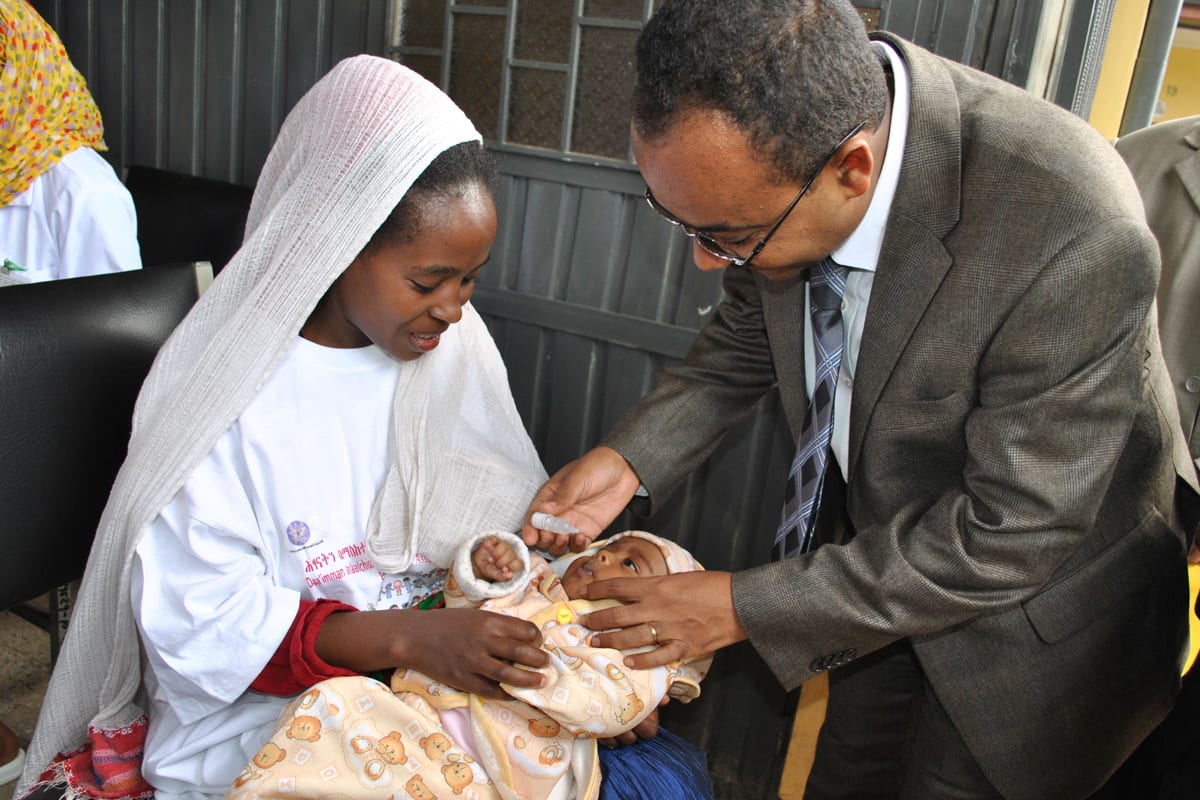
Dr. Kesete Admasu, Minister of Health of Ethiopia, recently sat down with BurnessGlobal's Ellen Wilson outside of Addis Ababa to discuss the country's historic advances and his personal motivation for improving the lives of his fellow citizens.
Conversations in Development: Indigenous Women in Latin America
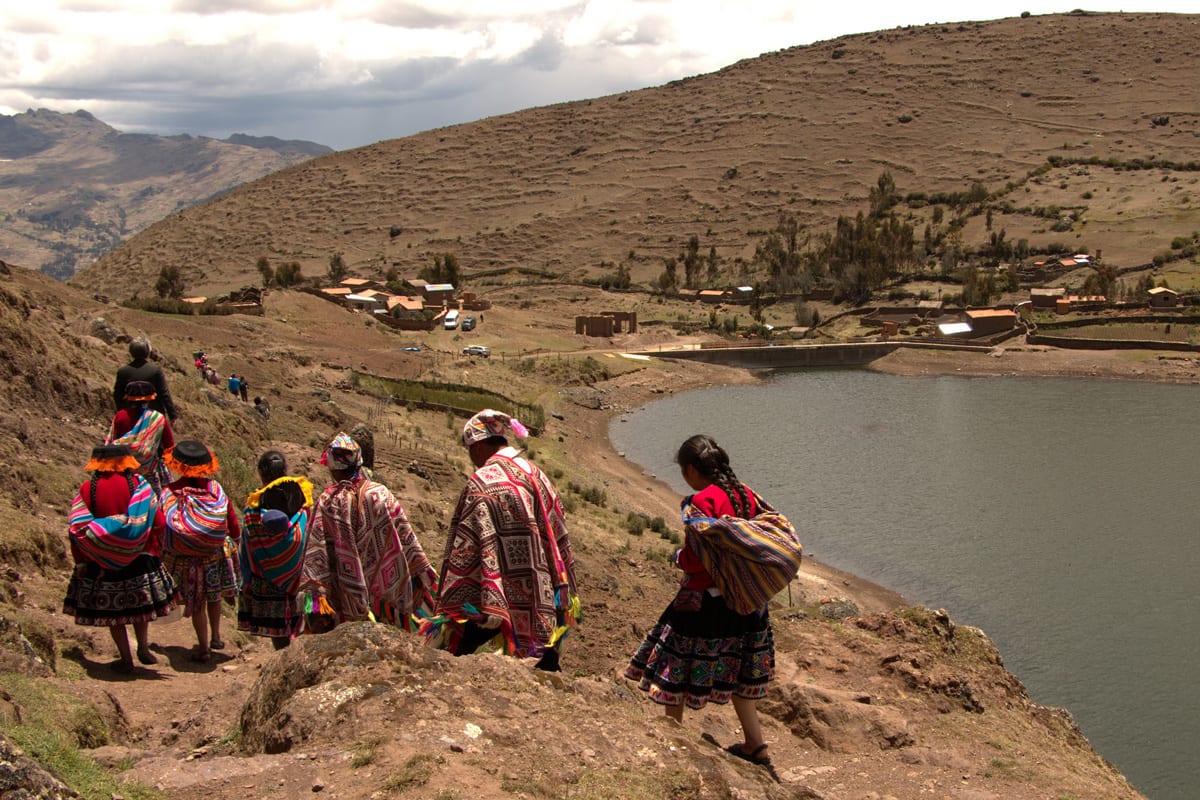
Across Latin America, indigenous communities are on frontlines of an ongoing battle, fighting to protect their culture and livelihoods from companies and governments hungry for land and resources. As guardians of the forest and preservers of indigenous culture, indigenous women play a key role in keeping their communities safe and thriving.
Conversations in Development: A World Free of Malaria
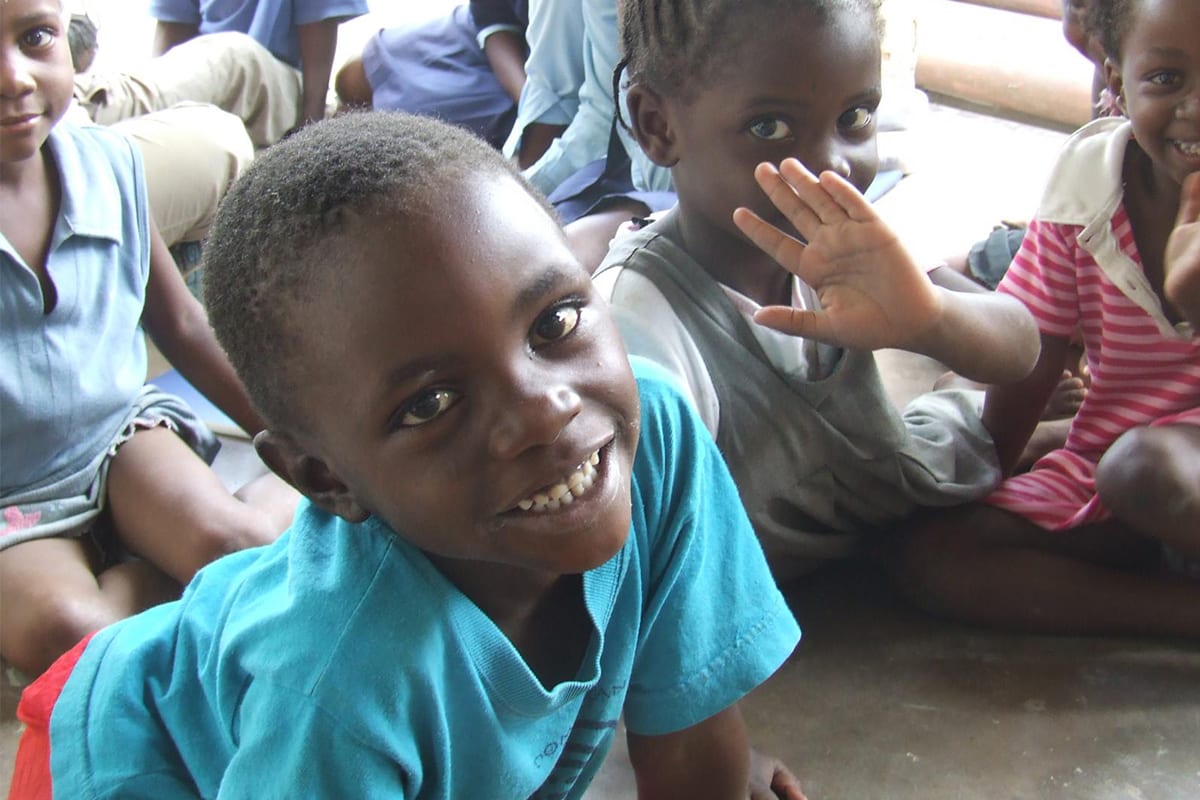
While deaths from malaria have dropped by more than 25% globally since 2000, new tools are needed to fight emerging drug and insecticide resistance and ensure goals of elimination and eradication can be met.
